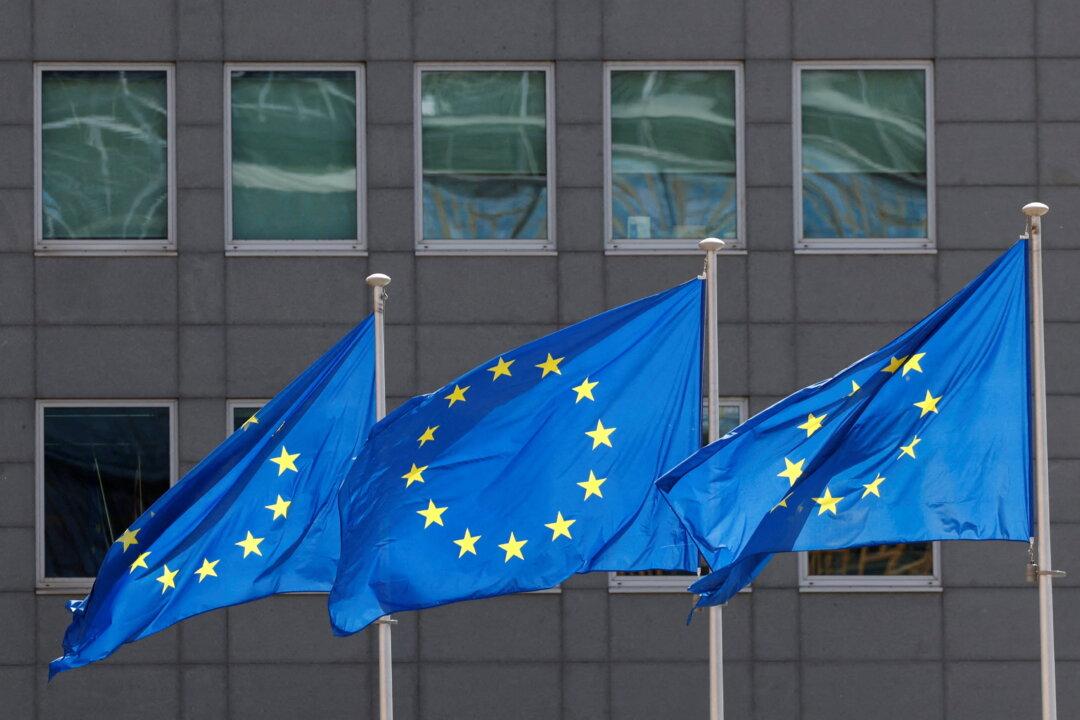ATHENS—Greece will exit the European Union’s so-called enhanced surveillance framework on August 20, its finance minister said on Wednesday, a move that will allow the country greater freedom in making economic policy.
Greek economic developments and policy have been monitored under the framework since 2018, after Athens exited three international bailouts, totalling more than 260 billion euros, from the European Union and the IMF between 2010 and 2015.





